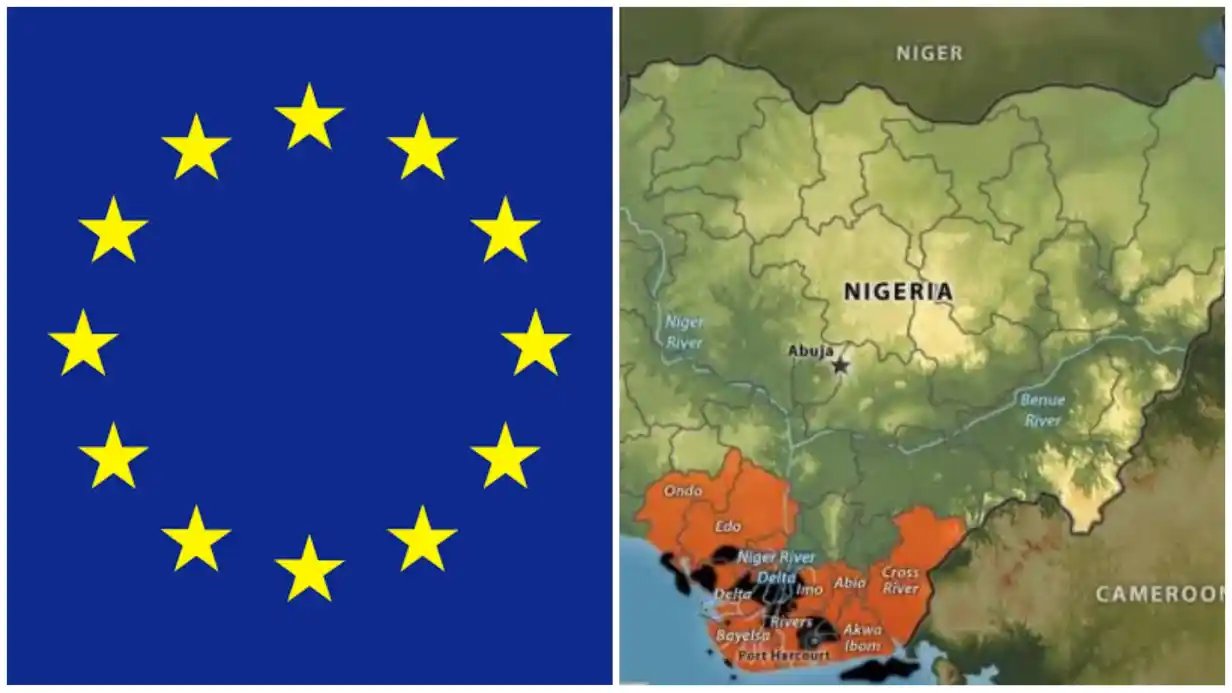The European Union (EU) has committed about $6.35 million to train Niger Delta youths and vulnerable groups in entrepreneurship and business development skills across the region. The announcement was made by Chorbe Joshua Gonlur, Consortium Manager for Search for Common Ground, during the Social Media Listening Report validation meeting held in Asaba, Delta State.
According to Gonlur, 794 individuals, most of them youths and vulnerable people, will participate in the training spread across three Niger Delta states: Rivers, Bayelsa, and Delta. “Of the total, 595 participants are under the Search for Common Ground initiative, while 200 are drawn from the Stakeholder Democracy Network (SDN),” he explained.
He added that the training will be carried out in collaboration with the Foundation for Partnership Initiatives in the Niger Delta (PIND) and will take place in 66 communities where stakeholders identified key livelihood and economic challenges. Beneficiaries are expected to undergo between three and six months of training, depending on their chosen skills. Afterward, they will receive starter packs to establish small-scale businesses, creating pathways to self-reliance and local economic growth.
The programme spans 23 different sectors, ranging from technical and vocational skills to small enterprise development. Gonlur explained that the initiative is also aimed at tackling issues like illegal oil bunkering, cultism, drug abuse, and other social vices that have long driven instability in the Niger Delta.
Recruitment, he said, was done through open advertisements in communities, followed by a transparent selection process managed by local committees to ensure fairness. He further noted that discussions are ongoing with the Ministry of Labour and Employment to strengthen the sustainability of the programme.
However, concerns were raised by some participants about the effectiveness of such interventions if proper monitoring, transparency, and market access are not guaranteed. They warned that without these, the programme risks ending up like previous youth empowerment schemes that consumed billions of naira but failed to achieve long-term impact.
Community members highlighted that while the EU-funded training offers fresh opportunities, its success will depend on whether it can truly break the cycle of dependency, corruption, and neglect that has hampered development efforts in the oil-rich but impoverished region.

